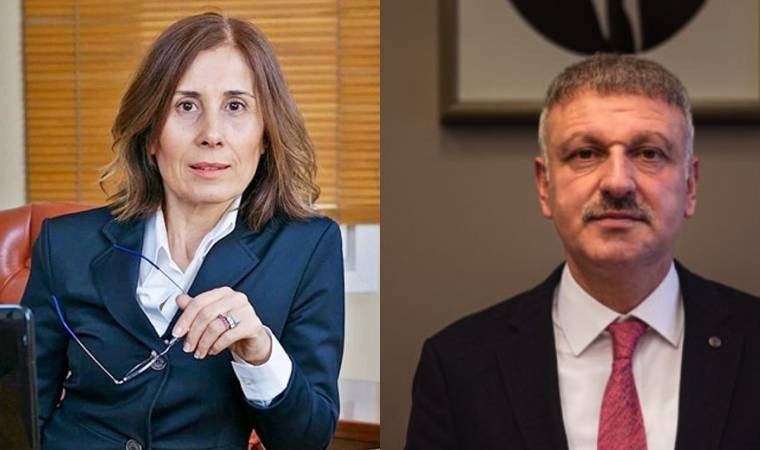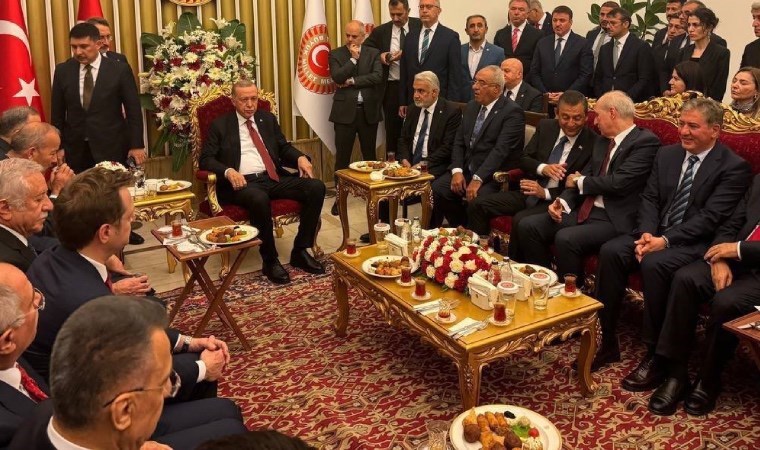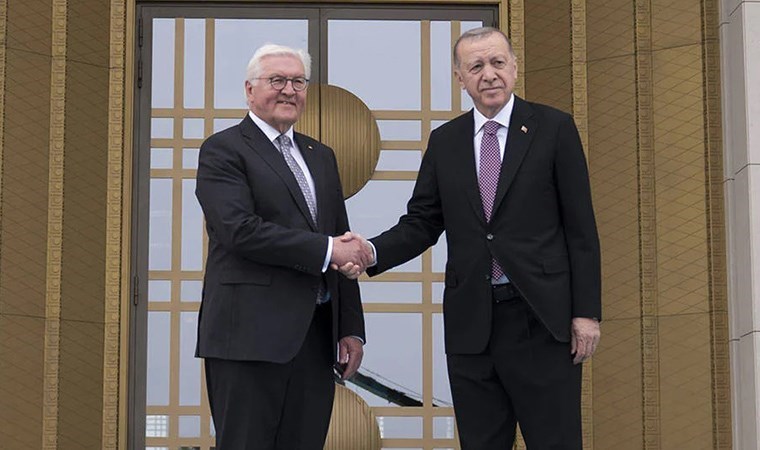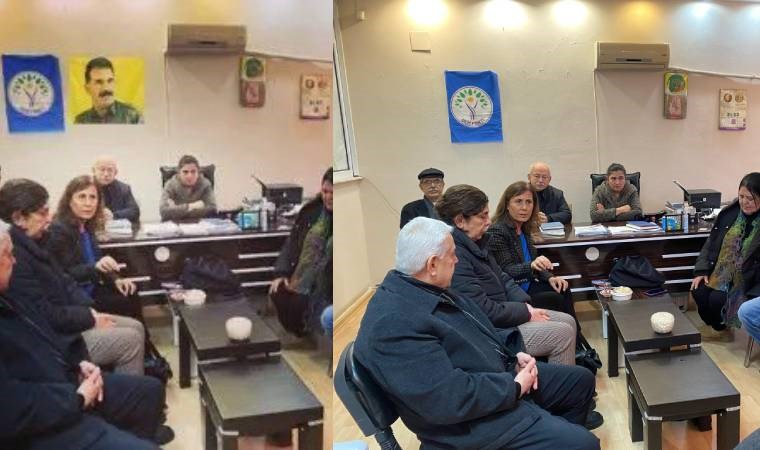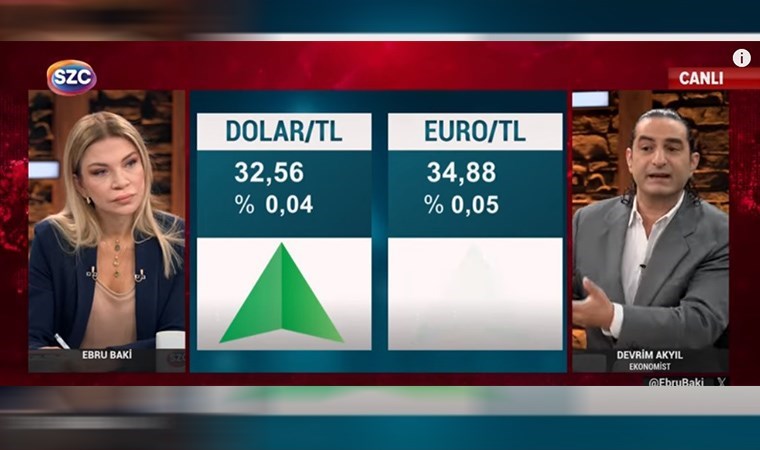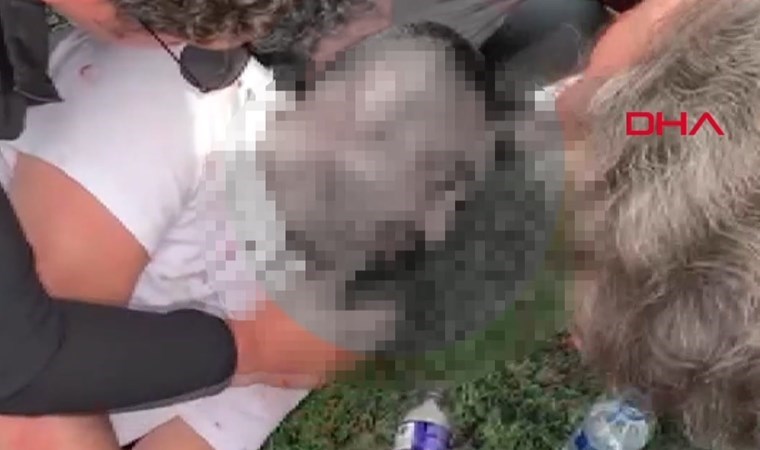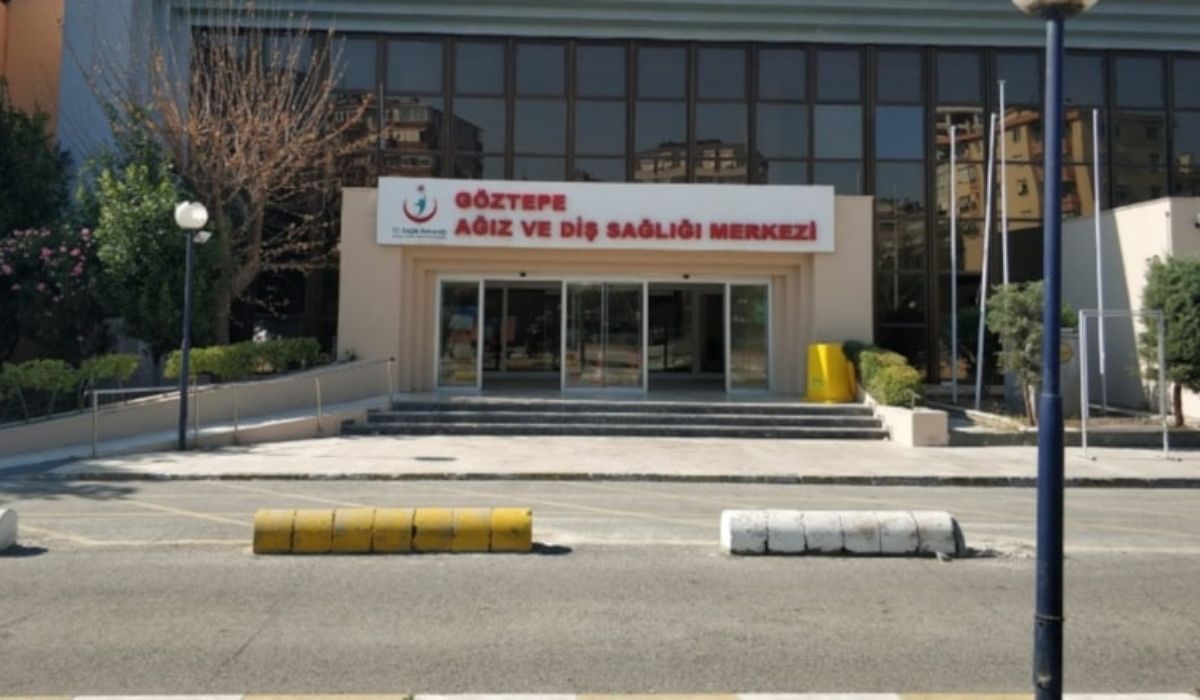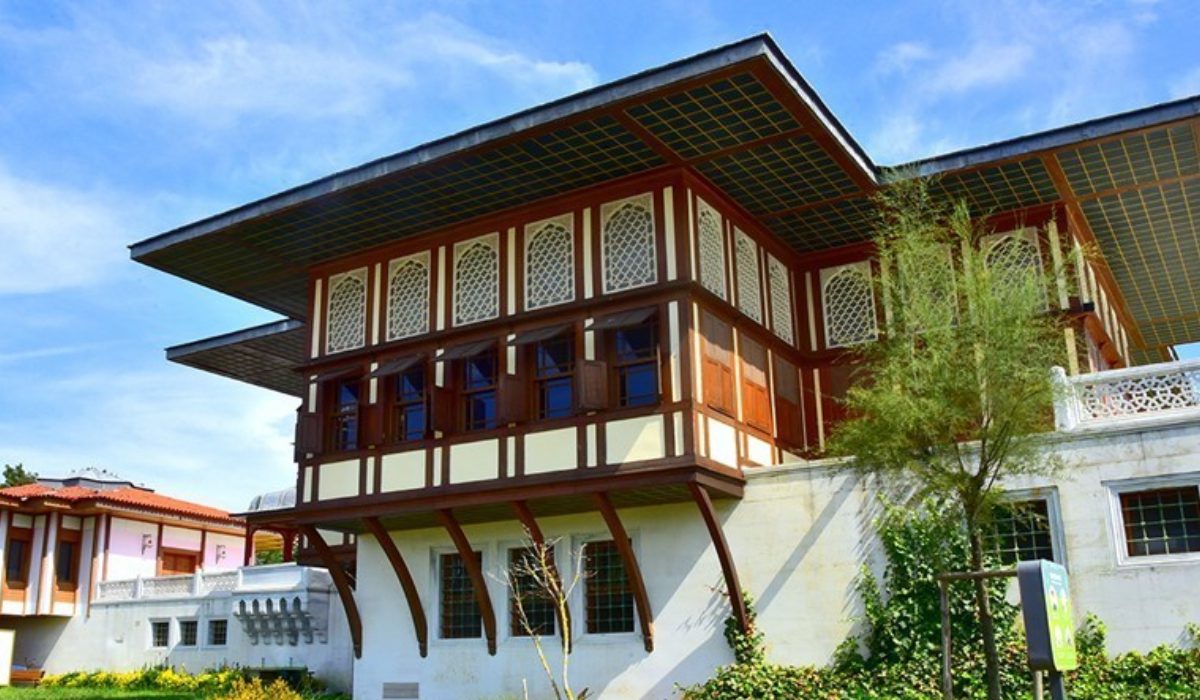Kahramanmaraş’s pain of 39 years
On 19 December 1978, fascists carried out one of the largest massacres in Turkey’s history in Kahramanmaraş. In the massacre to which the state remained a spectator, 111 Alevis lost their lives. More than 200 houses were burnt.
Despite the passage of 39 years since the massacre, commemoration events have been banned on state of emergency grounds. For his part, Parliamentary Speaker İsmail Kahraman is even uncomfortable with the events being called a “massacre.”
Prohibitions are casting a shadow on commemorations of the fallen in the massacre in Kahramanmaraş on 19-24 December 1978 in which, according to official figures, 111 people died, hundreds were injured and hundreds of houses and business premises were destroyed.
The fuse of the events in Kahramanmaraş was lit with the throwing of explosive material at the Çiçek Cinema at around 9 pm on 19 December 1978. A large crowd of right wingers and a group of ultranationalists who came from Türkoğlu sub-province attacked the buildings of the Republican People’s Party provincial headquarters, the Postal, Telegraph and Telephone Organisation and the All Teachers Unification and Solidarity Association.
The following day, a coffee shop in Yörükselim Quarter, predominantly populated by Alevis, was bombed. A quarter resident named Gıjgın Dede died in the incident. In the noon hours of 21 December, two left-leaning Alevi teachers named Hacı Çolak and Mustafa Yüzbaşıoğlu lost their lives in an armed attack. Kahramanmaraş provincial governor at the time, Tahsin Soylu, asked for military forces to be sent to the city but the request was not approved. Three more people lost their lives in incidents instigated by right-wing groups who halted the teachers’ funeral procession.
On the evening of 22 December, members of ultranationalist groups armed their sympathisers in Sunni quarters, saying, “Left-wing Alevis are going to mount an armed attack.” The events in Kahramanmaraş moved beyond a skirmish on 23 December and turned into a massacre targeting left-wingers and Alevis. With the police coming under attack, all police officers were suspended from their duties in the city on the morning of 23 December on the grounds of “preventing a police-populace clash.” On 24 December, a huge massacre started with reinforcements in the form of armed groups that ultranationalist fascists had brought in from neighbouring villages and sub-provinces. Fascists, shouting slogans like “Leave no Communists. God is steadfast on his path. Shoot for the love of Sütçü İmam,” “Today is the day of great jihad. Those who kill an Alevi will go to heaven” and “Let’s kill the Alevis and clean up the country” as they went on the assault attacked the Kahramanmaraş quarters of Yörükselim, Yenimahalle, Serintepe and Mağaralı, where Alevis lived.
They besieged hospitals
The dead were prevented from being lifted and the injured from being taken to hospital, and hospitals were besieged. People were killed without distinction, be they women, pregnant, aged, sick or wounded. Alongside Alevi quarters, raids were staged on Alevi homes in Sunni quarters, which had previously been marked. In the events that fully died down on 25 December, 111 Alevis lost their lives. With more than 200 houses burnt, 70 business premises were destroyed. In trials that were brought against 804 people following the events, 29 of the defendants were sentenced to death. With seven people sentenced to life imprisonment, 321 people received prison sentences of from between one and twenty-four years.

En Çok Okunan Haberler
-
 CHP'ye yeni transferler: Rozeti Özel takacak
CHP'ye yeni transferler: Rozeti Özel takacak
-
 Oya Tekin’den Cumhurbaşkanı Başdanışmanına tepki
Oya Tekin’den Cumhurbaşkanı Başdanışmanına tepki
-
 Emre Belözoğlu'ndan maç sonu tepki
Emre Belözoğlu'ndan maç sonu tepki
-
 Erdoğan, Özgür Özel ile bir araya geldi!
Erdoğan, Özgür Özel ile bir araya geldi!
-
 Yandaş ‘gazeteci’den tepki çeken çıkış
Yandaş ‘gazeteci’den tepki çeken çıkış
-
 Erdoğan ve Steinmeier'ın diyaloğu gündem oldu
Erdoğan ve Steinmeier'ın diyaloğu gündem oldu
-
 Cumhurbaşkanı Başdanışmanından provokasyon!
Cumhurbaşkanı Başdanışmanından provokasyon!
-
 Canlı yayında 'dolar' tartışması: Tansiyon yükseldi
Canlı yayında 'dolar' tartışması: Tansiyon yükseldi
-
 Tartışmalar sonrası istifa etti! Yeni CEO eşi oldu
Tartışmalar sonrası istifa etti! Yeni CEO eşi oldu
-
 'Şu an Cumhur İttifakı'nda mısınız' sorusuna yanıt
'Şu an Cumhur İttifakı'nda mısınız' sorusuna yanıt

